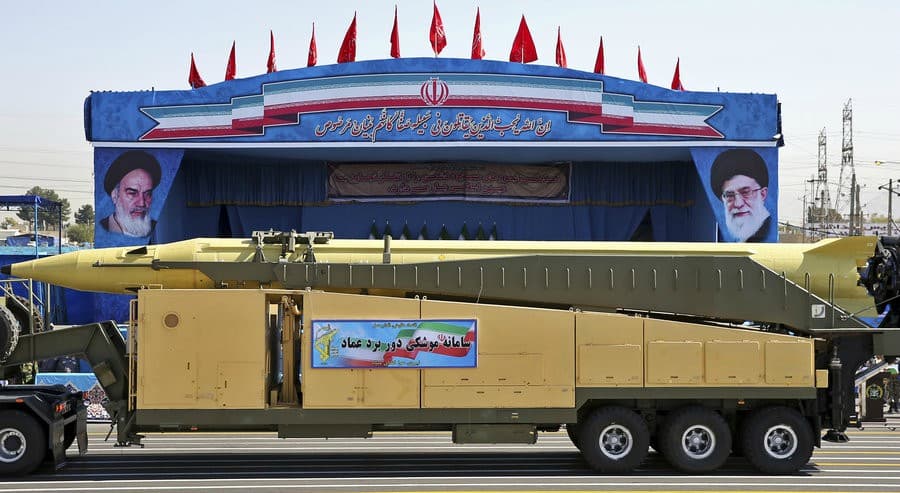Tax cheats watch out.
Panama Papers Round Two: journalists release database
Members of the public can now search the list of secret offshore companies and the people behind them, ICIJ says.
The International Consortium of Investigative Journalists (ICIJ) on Monday released an online database with information on more than 200,000 offshore entities that are part of the Panama Papers investigation, hoping to get more tips from the public and encourage more whistleblowers to come forward.
"There is overwhelming public interest in the Panama Papers ... we want to make it searchable for everyone," ICIJ director Gerard Ryle, told the annual OffshoreAlert Conference in Miami last week.
"We imagine billions of people will want to go there on Monday and probably tell us things that we missed. That's our hope. It's kind of like a crowd sourcing exercise for us."
The Panama Papers project is a year-long set of investigations by 370 journalists, led by ICIJ, a Washington-based non-profit, that was launched last month by 109 participating news media – including Univision Noticias – into illegal and unethical offshore financial activities.
The investigation has already forced the resignation of scores of public officials around the world and triggered raids in a dozen countries, including the offices of Mossack Fonseca in Panama City, the company at the center of the documents leak.
The investigation showed how several allies of President Vladimir Putin moved millions of dollars from Russian state banks to banking havens, as well as exposing links to leaders in China and Brazilian politicians.
The Obama administration on Friday announced new financial regulations that would force companies to disclose more information about their owners, as part of a crackdown on tax evaders and money launderers.
Experts say the focus of the next round of the investigation will be less high profile names, potentially exposing widespread tax fraud among wealthy professionals in the United States.
"There's a whole bunch of orthopedic surgeons and ophthamologists and lawyers who have offshore accounts who are hiding assets," said Arthur Vandesande, a former Internal Revenue Service investigator and founder of Concorde Associates.
"My guess is there's a lot of Americans there and the IRS will be knocking on their door," he added.

Ryle and Vandesande noted that U.S. and other law enforcement agencies could begin seeking data from the Panama Papers after Panamanian authorities obtained a copy of the documents during a raid on Mossack Fonseca's headquarters in Panama City last month.
"It's available now if governments want to ask Panama for it," said Ryle.
"What almost assuredly going on right now is that all these clients who have accounts with Mossack Fonseca and have not yet been named in Round One of the Panama Papers, are meeting with defense counsel to decide how to disclose this and what is the least punishing way to do it," said Vandesande.
Mossack Fonseca clients who face exposure in this new round of the leaked documents could opt for an IRS voluntary disclosure program to forestall criminal indictments, he said.
"I'm sure there are a lot of happy lawyers earning fees," he added.
The original documents include almost every email and client of Mossack Fonseca over the last 40 years, totally some five millions emails and 2 million pdf files.
The database will likely be the largest ever release of secret offshore companies and the people behind them, ICIJ says.
The ICIJ insists it will not be a “data dump” of the original documents, and instead will be a careful release of basic corporate information. It will not include the actual documents that might reveal personal bank account records, passports, emails or telephone numbers, but rather the names of shell companies and beneficial owners that can be gleaned from the files.
The database will be interactive, allowing users to search for information about companies, trusts, foundations and funds incorporated in 21 tax havens, from Hong Kong to Nevada in the United States.
The database will be published at https://offshoreleaks.icij.org on May 9 at 2 p.m. EDT (1800 UTC).
Last week the ICIJ informant behind the leak released a statement, saying their motivation was to expose criminal activity that was contributing to inequality around the world as more and more wealthy people use offshore accounts to avoid paying taxes.
Ryle summed it up this way. "If someone isn't paying taxes, you are paying more."
Global project
The Panama Papers investigation began more than a year ago when two reporters at the Süddeutsche Zeitung, based in Munich, received millions of confidential documents from the archives of Mossack Fonseca, a powerful but until then little-known law firm founded in Panama in the 1970s. It currently has branches in Hong Kong, Miami, Zurich and 35 other cities around the world.
The law firm is one of the leading creators of companies which can be used to hide the identities of the true owners of real estate properties and other types of wealth.
In a letter sent by Mossack Fonseca Thursday, the law firm asked the ICIJ to halt the release of the database because the leak of documents amounted to “a theft of information and a violation of the client-lawyer confidentiality agreement, which we are required to protect.”
Related:










